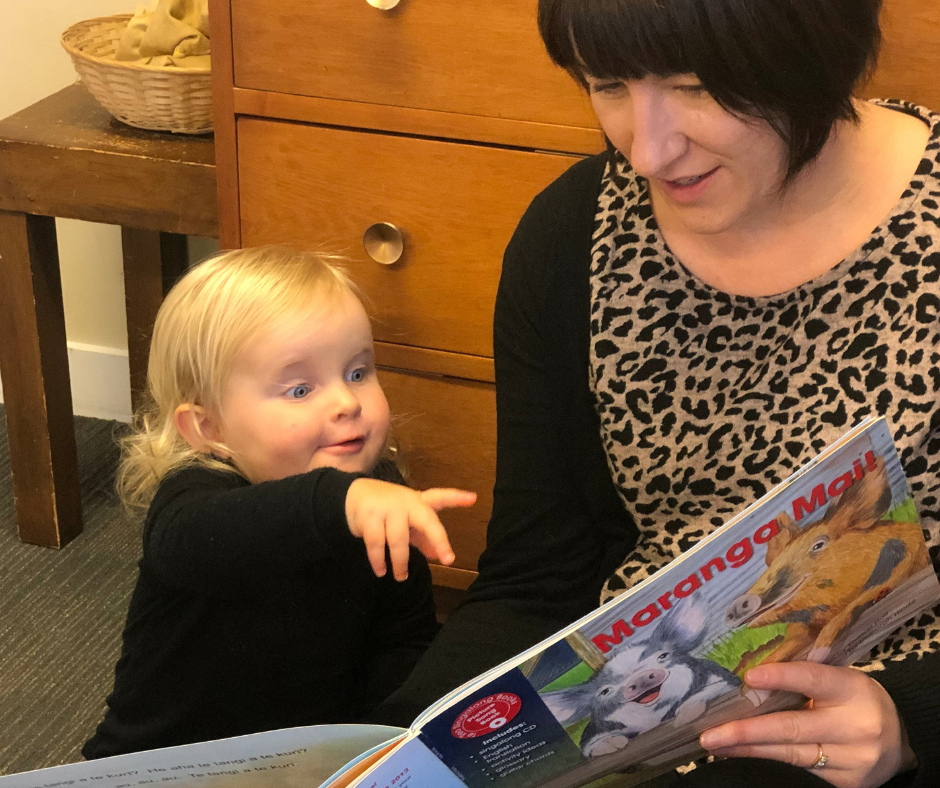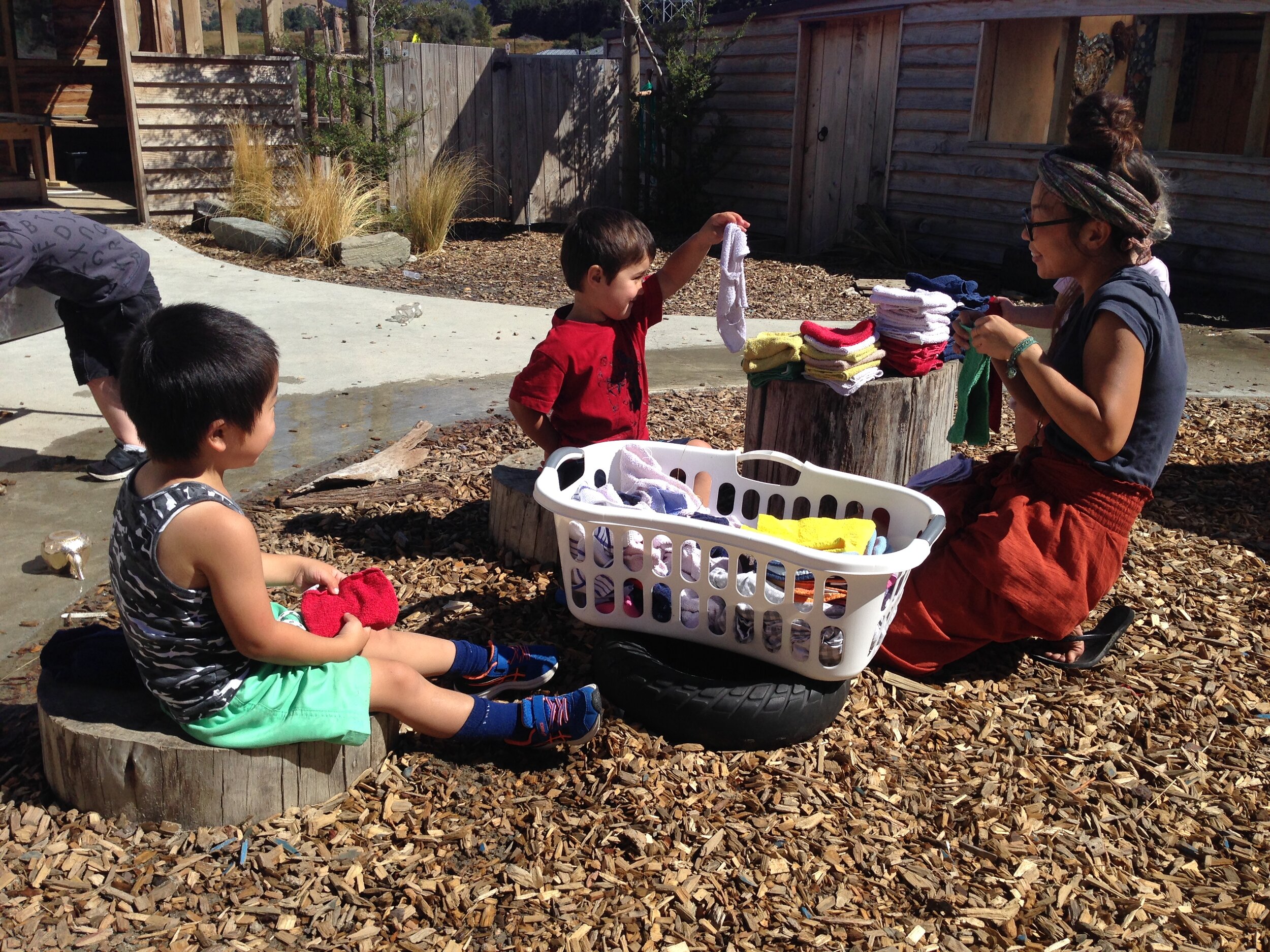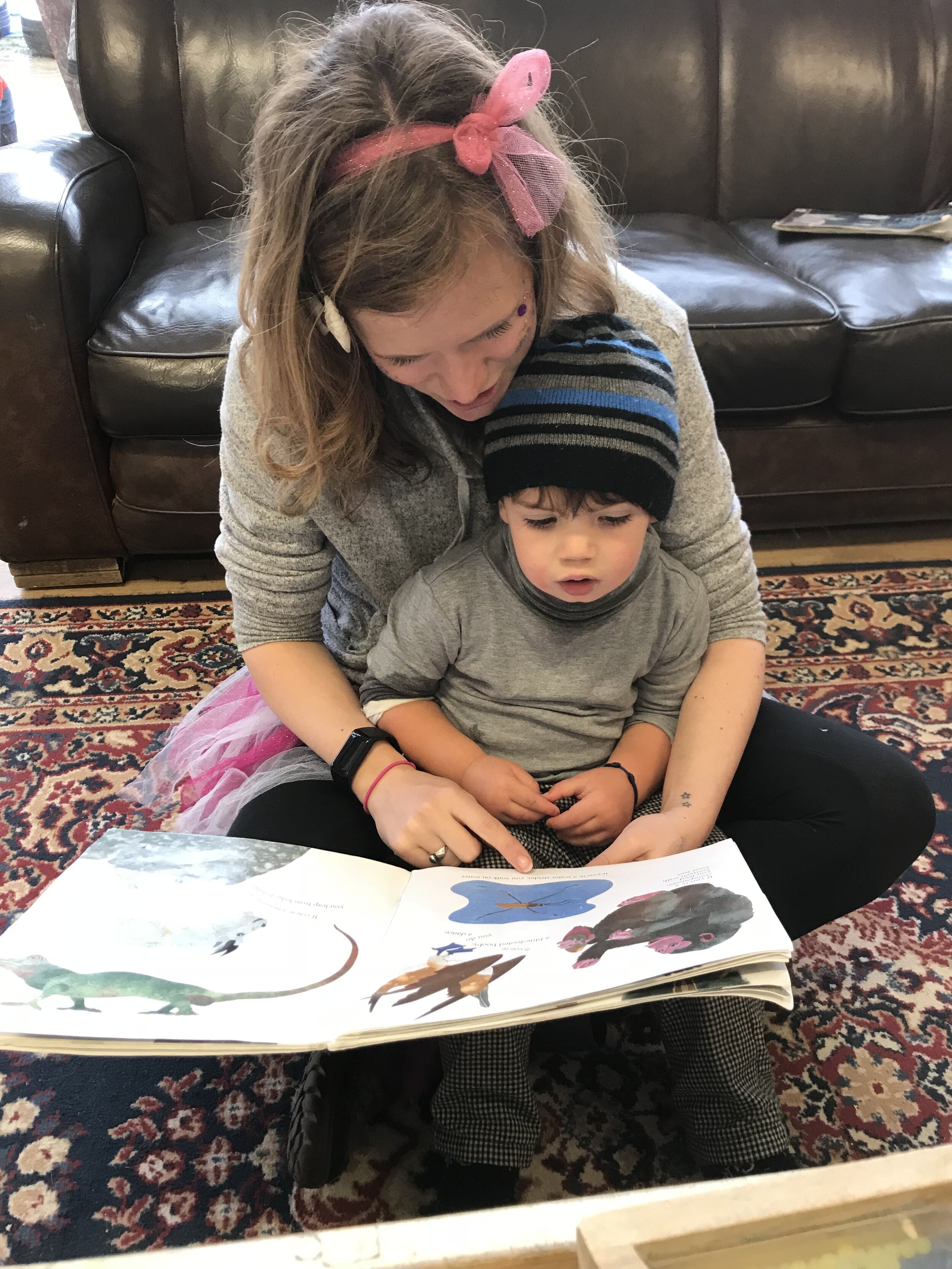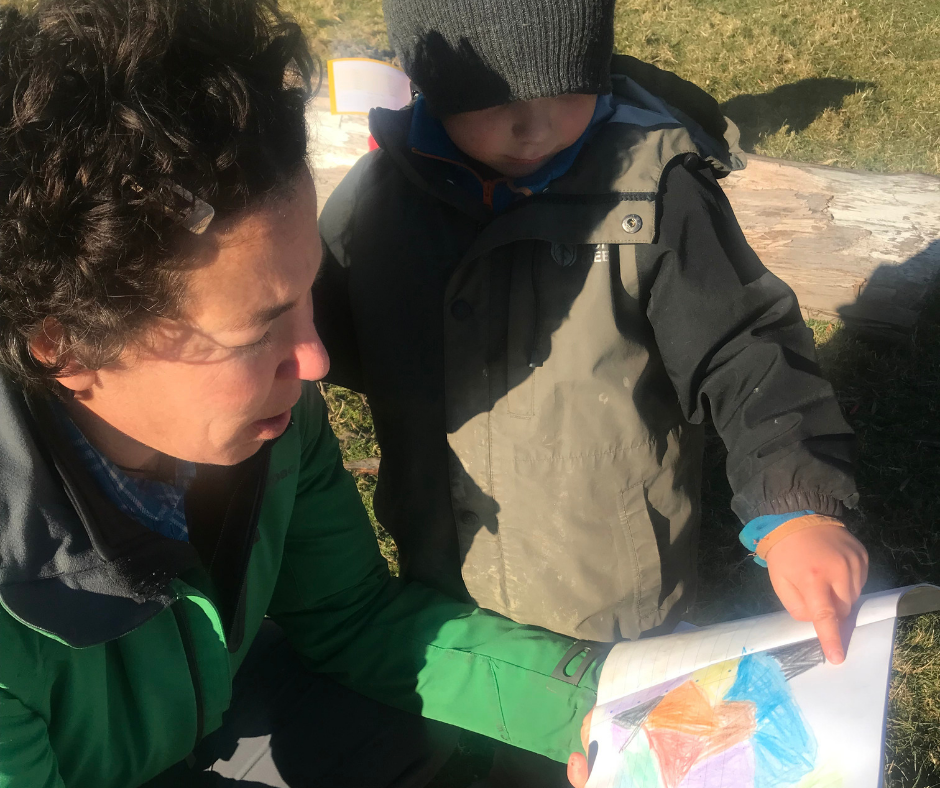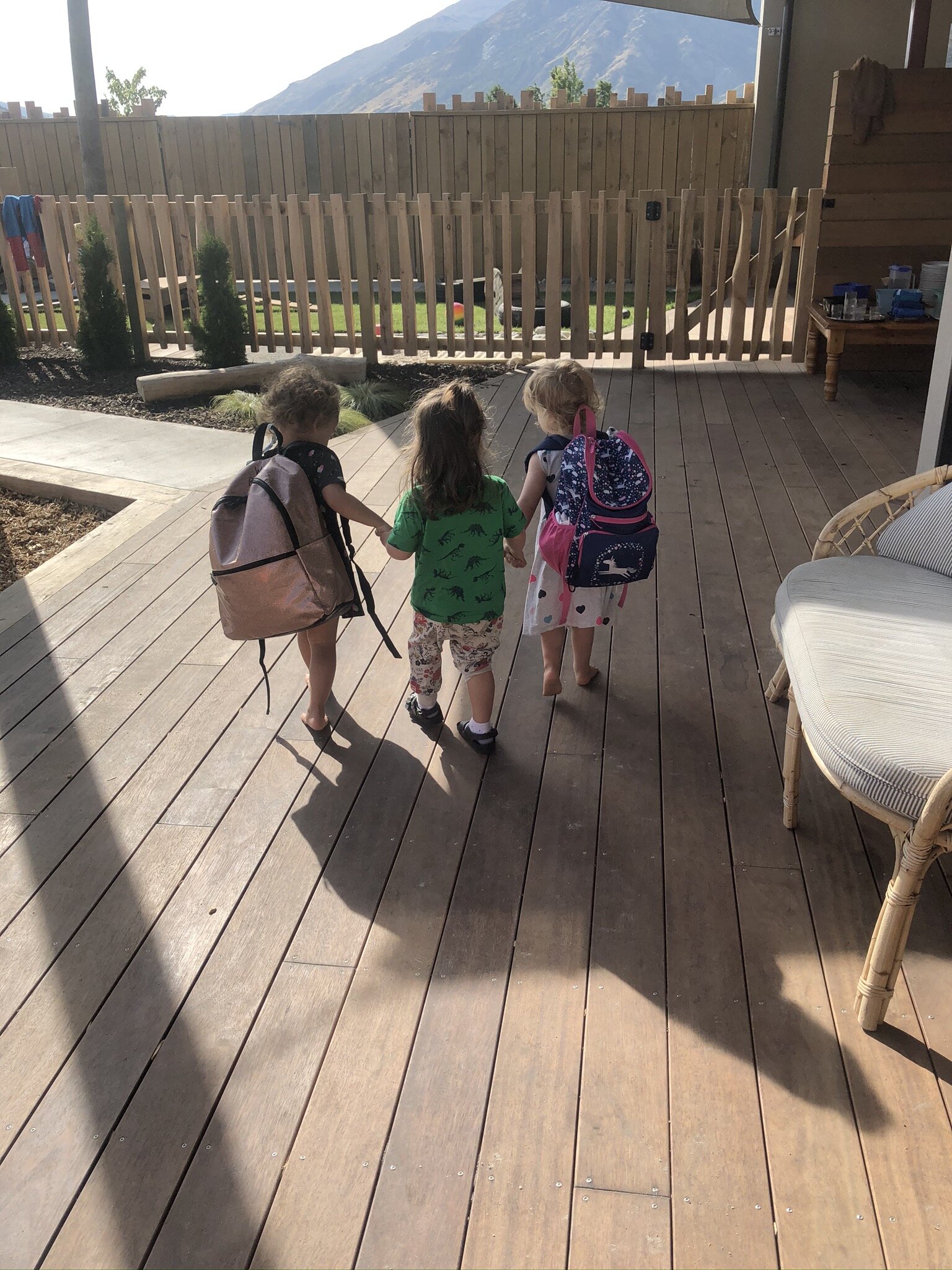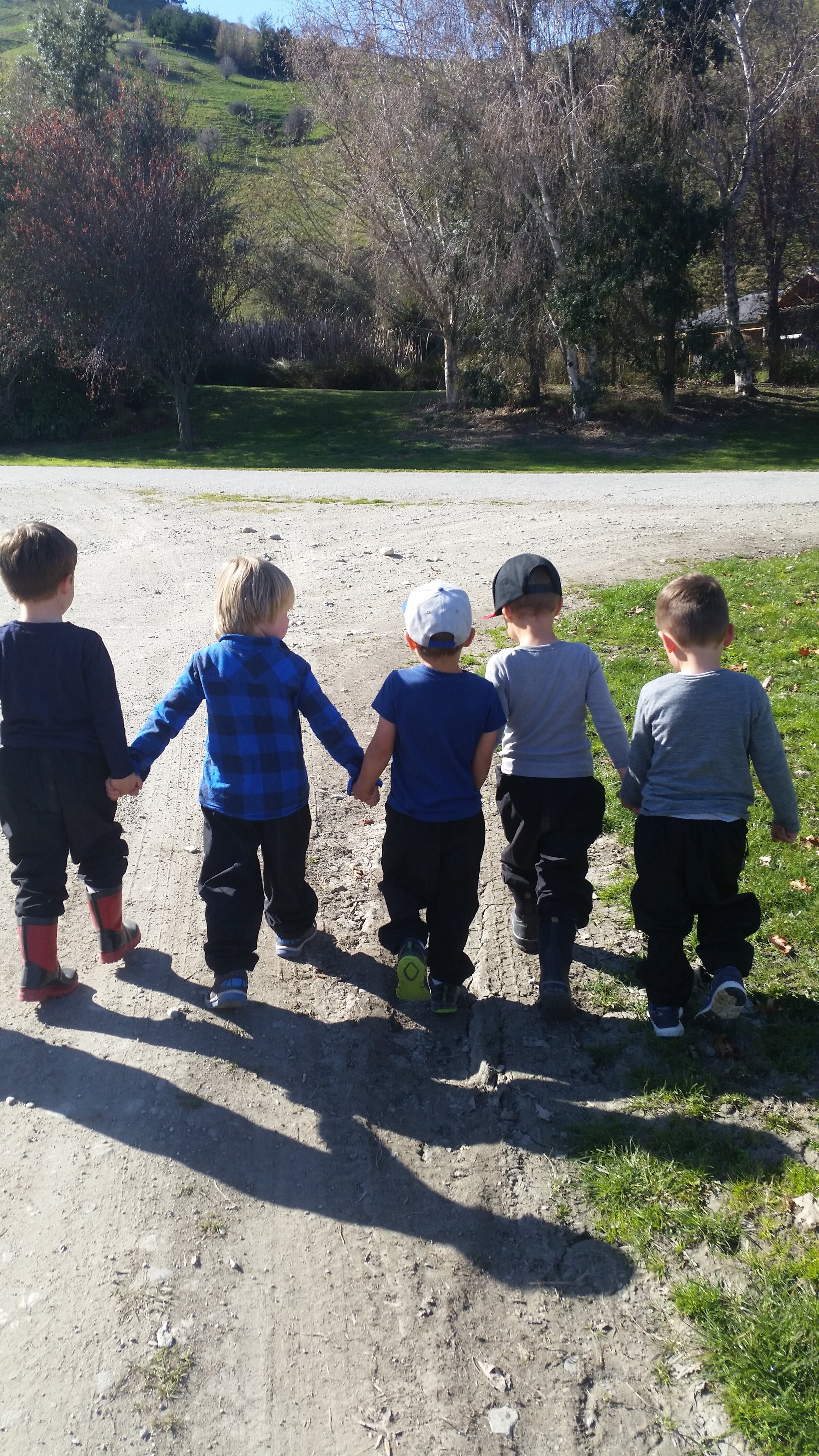Helping Your Child Leave Lockdown - Shawn Barron-Cowie
As we prepare to enter Level 2, we all have a lot of readjusting to do and our children are no exception. Right along with us, they will be reentering our wider society which will look very different than it used to. Children are adaptable and resilient, but they’re no fools. They are acutely aware of the change in the air.
For preschool-aged children, most of the stress of the lockdown will have been picked up from adults rather than from a broad awareness of the dangers and disruptions to our world. This may have looked like: clinginess, irritability, regression (things like waking in the night, toileting accidents, needing help with things they can already do, baby talk), nightmares, lethargy, or frequent feelings of physical distress like sore tummies or sore legs.
Transitioning back to some semblance of normalcy, you may see many of the same signs of stress described above with the added symptom of exhaustion. This will be a lot for all of us. Be gentle and be present. Allow yourselves time to rest and connect when you are back together. Acknowledge how you are all feeling and talk about what you need to balance out at the end of the day. For younger children, you are their model, so even if they are not ready to take part in those conversations, let them hear you having them.
You can start now to prepare your children for the shift out of lockdown. Here are some of our tips and tools:
Gentle Honesty:
Those of us who work with young children tend to be believers in honesty. That doesn’t mean we have to share all of our fears and stresses with our children, but it means keeping them informed of what’s going on. Trust me, they sense it even when we try to hide it, so it’s best to let them know why things feel different. Answer their questions even if they answer is, “I don’t know.”
Things you can say:
“It looks like things are going to change next week. You will be able to go back to school and I will be able to go back to work.”
“It’s going to look different than it used to, some of your friends might not be there and there will be some new rules for keeping healthy and safe”
“Our leaders are doing everything to make sure we are safe.”
Acknowledge All Emotions:
One of the best things you can do for a child is to help them learn how to identify their emotions. This is the first step in learning how to deal with them in healthy ways. Allow your children to bring special comfort objects from home if they have them, ie. a cuddly, blanket, or stuffed animal. It is ok for everyone to need support.
Things you can say:
“How do you feel about going back to school?”
“Is there anything you’re worried about?”
“What do you think it will be like?”
“Is there anything you will miss about being home?”
“I am very excited to go back to work, but I sure am going to miss you! I’m so glad we will still have time in the evenings and on weekends.”
“You’re feeling anxious/nervous/sad/upset/angry. That’s ok. I’m here to help you through that.”
***Note: This last phrase is really important even for children who don’t have the words to express those emotions yet. If you can identify the reason for their behaviour, you can help them to name it and thereby learn it. ***
Focus On Positives:
While it is important to be prepared for and to allow space for healthy negative emotions, we don’t need to talk them out endlessly. Once you have acknowledged those feelings and allowed some time to feel them, gently guide the conversation toward the positive.
Things you can say:
“I’m so excited to look at the view from my office window and say hello to my mates, what are you excited about?”
“Can you remember what your favourite thing to do at school is?”
“What friends are you excited to see?”
***Note: If you are aware that they have a very close friend who will not be returning, start telling them now, don’t focus too much on it, and help them remember other children and teachers they like.***
Confidence:
Don’t be surprised if drop-offs are really hard for a while. Just like when your children first settled into school, we advise you to exude confidence even if you aren’t feeling it. Allow a few extra minutes to refamiliarise them with the environment and the people. When you decide it is time to say goodbye, make it brief and confident.
“You will be okay without me. You are strong and you are brave. Saying goodbye to people we love is really hard, but I will always come back for you.”
Focus on Resilience:
“We’ve all done so well at working together, we’ve made New Zealand very safe and healthy. That was hard work aye? I feel so proud, how about you?” *High fives all around*
Visual Cues:
Time is a difficult concept for young children to grasp, to help them prepare, you can use or create a calendar with stickers or drawings on it that will help them to visualise when school will start when family days will be, and when they can have some extra special time with you for reconnecting such as a picnic, special trip or activity.
For Preverbal Children:
Though our infants and toddlers can’t tell us in words what they are feeling, they are just as aware of change around them as our older children. Take time every day to talk to them about what is going to happen.
“Tomorrow I’m going to take you back to Shawny, your teacher at school. She is going to look after you for the day while I go to work. We’ve had a lot of time together lately and we are going to miss each other. It’s okay to be sad and it’s okay to cry. I know you can do this, you’re very brave. I will always come back for you.” Repeat, repeat, repeat.
They will pick up on your tone, meaning and energy. They may still cry when you leave them, they may take weeks to resettle into their old routine, but this is important learning for them and you are their guide. Keep your teachers well informed of routine changes, emotions, home life, concerns etc. so that they can pick up as seamlessly as possible while you are away. We will work to be as flexible as possible, children’s needs always come first.
We are so very excited to welcome you and your children back into our care. We have missed you and can’t wait to see you all. Our management team will be in touch with more details on what Gem’s will be like for you and your children from next week and going forward. As always, please let us know if you have any questions.

